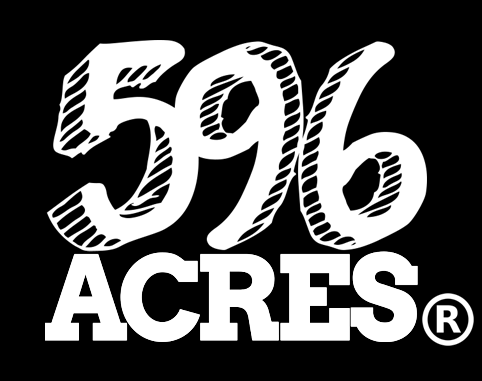The best part of building our small network of community land access advocates using participatory mapping and available data to strengthen their local work: seeing the network really take on a life of its own. Our partners in Philadelphia, the Garden Justice Legal Initiative at the Public Interest Law Center of Philadelphia (see GroundedinPhilly.org), have some great news to share on the policy side — a land bank bill that is moving forward! Read more in the article below, written by a staff member at our Los Angeles partner organization, Community Health Councils (see LAOpenAcres.org).
We’re pleased to play match-maker here! And so pleased for the people of Philadelphia who will find a clearer path to land access once the land bank is a reality.
(Does NYC have a land bank, you ask? Why yes – we do. It’s called Housing Preservation and Development, a city agency that was created to fulfill a different set of goals at a different time. You can read more about accessing land that they have in trust for the public here.)
Philadelphia Adopts Milestone Ordinance to Transform Vacant Properties
Philadelphia has taken took a big step forward in reforming the system for moving vacant properties into productive use. Mayor Michael Nutter signed the Philadelphia Land Bank into law on January 13th, impacting a majority of the city’s 40,000 vacant properties. The new entity, a subsidiary of the Philadelphia Housing Development Corporation, aims to streamline the process for acquiring vacant land by simplifying regulations, cutting red-tape, and providing more information about city-owned properties. Proponents of the law forecast the changes will increase the number of properties sold by the city by thousands and decrease the time needed to navigate the disposition system by up to 2 years. While organizations making up the Philadelphia Land Bank Alliance contend there is still much work to be done, the passage of the law means that nearly 9,500 city-owned and 17,000 tax-delinquent properties are now more readily available to be developed into parks, community gardens, and other neighborhood-serving developments.
Like Los Angeles, Philadelphia has struggled to actively move vacant, sometimes abandoned properties into productive use. Multiple owners and administrative processes have discouraged developers from purchasing and developing land. While the amount and density of vacant land is relatively less in Los Angeles, Philadelphia provides a strong guidepost for local reform. The new Land Bank equips Philadelphia with tools to proactively jumpstart community development and respond to health, safety, and economic development concerns in neighborhoods struggling to attract investment. Transferring all properties to one owner creates one inventory of vacant property. A singular process of transfer, maintenance, and enforcement allows the Philadelphia Land Bank to address problems and take advantage of development opportunities. In Los Angeles, a complex patchwork of city and county departments manage public and tax-delinquent land all with unique processes, making it difficult for opportunities for new green space to be realized.
Amy Laura Cahn, a Staff Attorney with the Garden Justice Legal Initiative of the Public Interest Law Center of Philadelphia, finds considerable promise in the Land Bank. “The Land Bank law is the result of coalition building amongst organizations and individuals across the city that are often not in conversation and can exist, sometimes, in tension with one another — for profit developers, builders and realtors, labor unions, affordable housing agencies, community development corporations, disability rights advocates, and folks engaged in a range of urban agriculture and open space projects as well as myriad city agencies.” Ms. Cahn adds, “there is still tremendous work to be done in getting the Land Bank off the ground and in ensuring that the values that guided this effort — transparency, equity, accountability, predictability, and efficiency — actually play out in practice.” In preparing for a Land Bank or a reform of vacant property management, Ms. Cahn advises cities to “make sure that your process is as inclusive as possible. Land is a sensitive issue in every neighborhood, but particularly in areas that have experienced both disinvestment and displacement. We need to figure out how to bring everyone with us to ensure that the benefits of a Land Bank are widely and equitability felt.”
Philadelphia joins approximately 100 other cities in forming a land bank. Philadelphia Mayor Michael Nutter expects the land bank to be up and running by the end of the year. In Los Angeles, CHC’s LA Open Acres joins the Garden Justice Legal Initiative’s Grounded in Philly project in making information about vacant land more transparent and in asking for a less demanding process for neighborhoods to gain access to vacant land. For more information, contact CHC Policy Analyst Mark Glassock.





